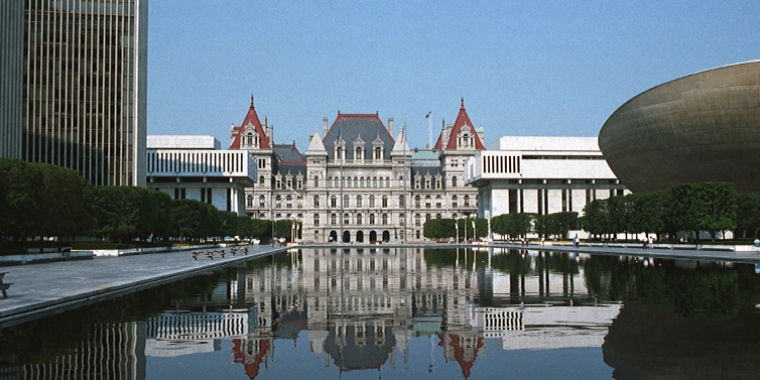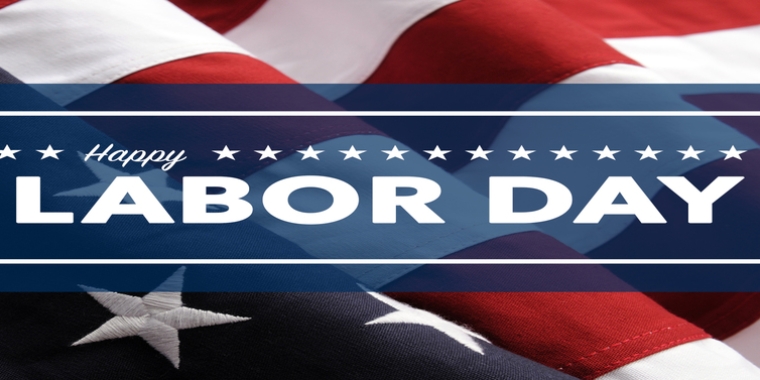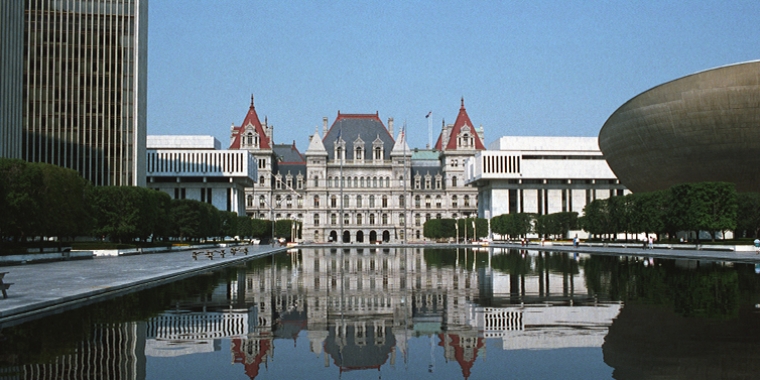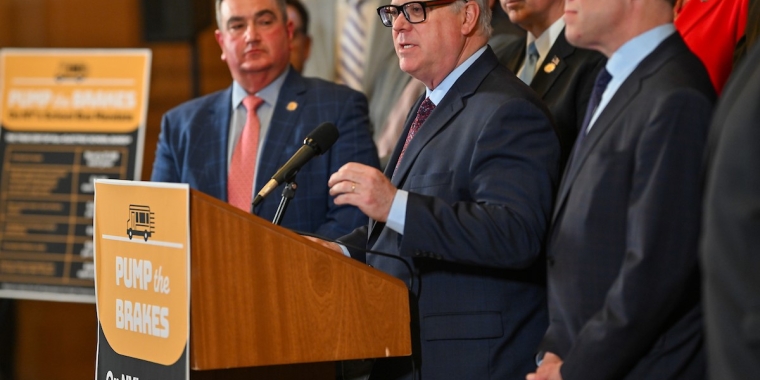
O'Mara welcomes DEC decision to lift decades-long ban on development of LNG for transportation, but says delayed decision arrives too late for one Southern Tier manufacturer (UPDATED)
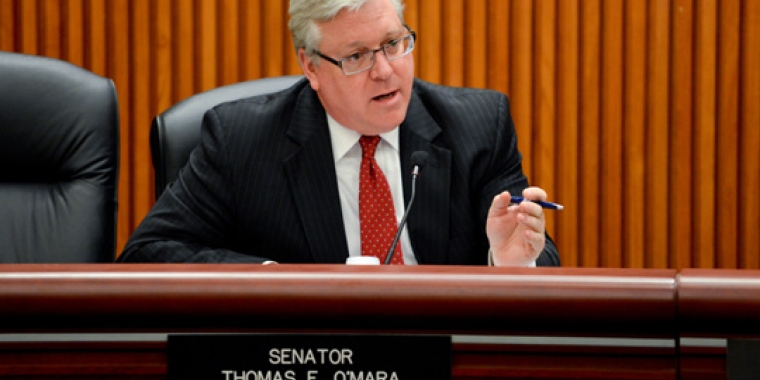
Albany, N.Y., January 28— State Senator Tom O’Mara (R-C, Big Flats), chairman of the Senate Environmental Conservation Committee, welcomed today’s action by the state Department of Environmental Conservation (DEC) to adopt regulations authorizing the construction of liquefied natural gas (LNG) facilities for transportation purposes.
At the same time, however, O’Mara also criticized the DEC for not taking the action soon enough to keep one major Southern Tier manufacturer, Dresser Rand, a major producer of engines fueled by LNG that would have benefitted from today’s decision, from moving a major manufacturing project and good jobs out of the region and state.
“It’s a step in the right direction and I welcome the action, but unfortunately it’s too little too late for one of the Southern Tier’s major manufacturers. Dresser Rand had been calling for and urging this action to help support one of its major operations as a key manufacturer of engines fueled by LNG. These jobs and economic opportunities have already left the Southern Tier and moved to another state,” said O’Mara. “New York State needs to move more swiftly on these decisions."
[watch a report on today's action from WENY-TV]
According to the DEC in an announcement earlier today, the “adopted regulations enable permits to be granted to safely site, construct and operate new LNG facilities under requirements established in a DEC permit. As a result, LNG will be available to haulers as a cleaner burning alternative to diesel fuel.”
In a statement accompanying today's announcement, DEC Commissioner Joe Martens said, "New York's new regulations provide the most comprehensive program to safely site, build and operate LNG facilities in the country. By requiring an environmental and safety review for each new facility, New York's environment and economy will benefit from safely providing liquefied natural gas vehicles opportunities to fill up in the State. Natural gas is cleaner to burn and LNG provides an efficient way to store the fuel for those who normally use, or would like to begin using, natural gas for space heating or other uses."
Prior to today’s DEC action, a decades-old law made New York the only state in America banning the use of LNG, despite numerous studies touting its benefits as an alternative, domestically produced fuel that’s cheaper and cleaner than traditional diesel. The state ban on the use of LNG arose out of a 1973 fire at an LNG facility on Staten Island.
O’Mara has previously called on the DEC to take today’s regulatory action and, for two consecutive years in 2013 and 2014, the Senate approved legislation O’Mara co-sponsored directing the state to establish a framework for the siting of liquefied natural gas (LNG) and petroleum gas facilities in New York. The legislation would have also authorized the use of LNG by the trucking industry and other transportation purposes.
“The nation’s trucking industry and other fleet vehicles are increasingly making the change from diesel-powered engines to engines that run on LNG, a cleaner, more cost effective, environmentally sound, domestically produced, safer and more reliable fuel,” said O’Mara. “New York State has been missing out on enormous economic and environmental benefits by failing to develop and continuing to prohibit the use of LNG for transportation purposes. We’ve also been standing in the way of economic growth and job creation for upstate manufacturers like Dresser Rand and others who could use LNG as a more affordable energy source to power their factories.”
Supporters of today’s action have pointed to a nationwide movement among long haul truckers and other fleet vehicles which are saving fuel costs and reducing dangerous gas emissions by making the switch from engines that burn dirty, imported diesel to those running on cleaner, domestic LNG
[see statements applauding today's decision from The Business Council of New York State, and Unshackle Upstate]
To facilitate this transition, the private sector is stepping forward to build the infrastructure for a nationwide network of LNG refueling stations along major interstate trucking routes. This network will allow America's truckers and fleet operators to convert their vehicles to a cleaner and less expensive fuel, thereby reducing the cost of goods movement while improving air quality.
